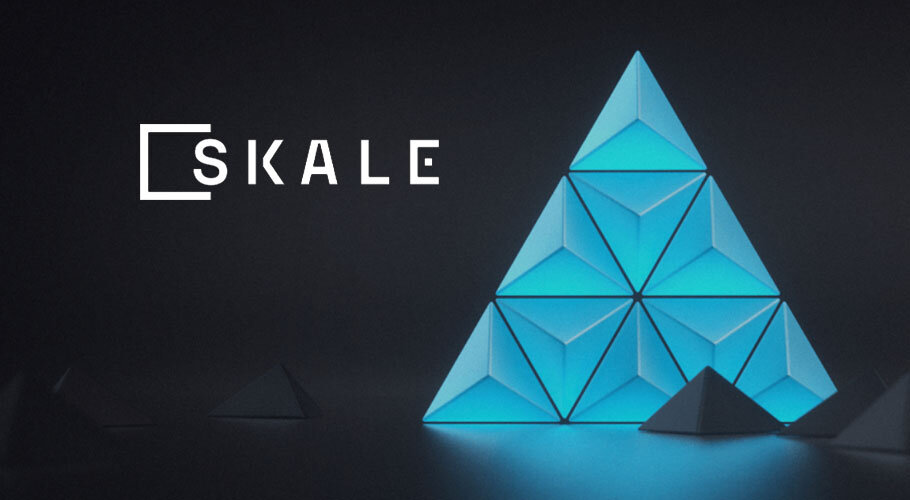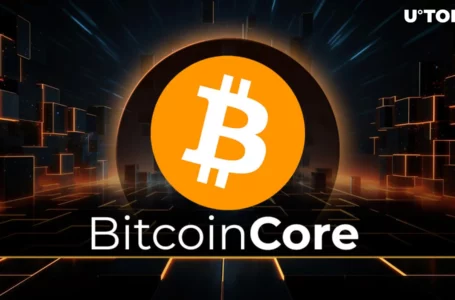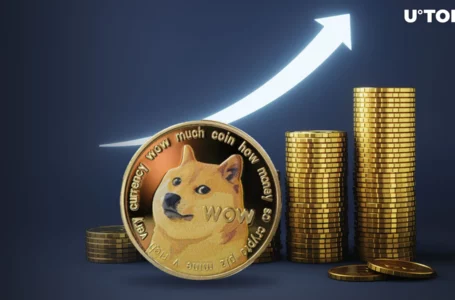
SKALE (SKL) is a programmable multi-blockchain ecosystem designed to simplify the creation and maintenance of new Ethereum sidechains. The protocol is among the first to do away with the Ethereum Gas Fee structure. Instead, developers rent network resources via a subscription fee that covers the cost of executing their blockchain computations. In this way, SKALE streamlines the creation and launch of Ethereum-compatible elastic sidechains.
What Problems Does SKALE (SKL) Attempt to Fix?
SKALE (SKL) solves one of the biggest issues facing the crypto market at this time, high fees. Ethereum, the current top-performing DeFi launch platform in the world, requires a gas fee for every transaction. The problem with this structure is that it limits the developer’s capabilities in terms of programmability. Basically, some EVM instances have become so expensive that they are now unusable.
Slow Transactions
Another problem that SKALE (SKL) alleviates is delayed transaction times. In order for a cryptocurrency to function as a daily form of value exchange, it needs to transfer quickly. SKALE features an ultra-high throughput combined with low latency.
Compartmentalization
SKALE (SKL) was designed to allow multiple blockchain environments to communicate data. The platform is a pioneer in the interchain messaging sector. The protocol enables groups of subnodes to verify transactions across multiple blockchains. Notably, the developers first focused on Ethereum’s ecosystem. In the coming months, the network will expand to include other popular blockchains.
Benefits of SKALE (SKL)
There are a lot of benefits SKALE (SKL) users enjoy. The network streamlines the development and execution of smart contracts. It also provides users with an efficient means to transfer crypto assets across Elastic Sidechains.
EVM-compatible
One of the core requirements SKALE (SKL) developers wanted to meet was full Ethereum-compatibility. Developers can deploy existing Ethereum-based smart contracts directly on SKALE without the need to learn new programming languages. This decision enables a smoother transition to the network.
Delegated Staking
Anyone can earn rewards by doing their part to secure the SKALE (SKL) blockchain. Users can delegate their tokens to Validators and receive SKL token rewards. These rewards are based on the amount you stake and the time period you lock your tokens.
Network Security
SKALE (SKL) integrates a combination of enterprise-level security measures to keep your cryptocurrency safe. The network employs a byzantine fault tolerant protocol that enables secure global transactions. Additionally, the platform supports non-custodial delegated staking. This is a major upgrade over other DPoS network’s that require a user to submit their tokens to a network smart contract. SKALE delegators can do so straight from their wallet.
Flexible
In terms of flexibility, SKALE provides developers with a highly configurable network. Developers can select the vital details of their network. Specifically, chain size, consensus protocol, virtual machine, parent blockchain, storage, and additional security measures.
How Does SKALE (SKL) Work
The SKALE network requires developers to hold SKL to interact with the network. Nodes must run the SKALE daemon and stake a predetermined amount of SKALE tokens on the Ethereum mainnet to earn. Developers can construct and launch Ethereum-compatible sidechains (S-Chains) using SKL tokens as well. They pay a fee based on the complexity of their network. These fees go back into the network via staking rewards.
SKALE (SKL) Nodes
Anyone can delegate their SKALE to the Validator of their choosing to earn rewards. Since the network is non-custodial, your crypto remains safe in your wallet. Instead, you share a secure delegation key to participate. Notably, your rewards are paid out monthly.
SKALE (SKL) Manager
The SKALE Manager plays a critical role in orchestrating the network’s actions. This smart contract coordinates the different components of the network, such as monitoring Validator nodes and ensuring the protocol is running smoothly.
SKALE Chain
The SKALE blockchain is the primary network of the SKALE ecosystem. This network relies on a Delegated Proof-of-Stale (DPoS) mechanism to remain valid. This system is far more efficient than PoW networks such as Ethereum and Bitcoin because it does away with the need to purchase mining rigs to participate in the network. Developers rent computational power and resources from the SKALE chain using SKL tokens.
Elastic Sidechain
Developers can create blockchains called Elastic Sidechains using SKALE. To launch an elastic sidechain, you first must set the chain’s configuration. The network will give you the total for your network and you submit payment to the SKALE Manager for the duration of time that they wish to rent network resources. Your sidechain will expire and be destroyed when you stop paying the subscription fee.
Consensus
The SKALE ecosystem leverages multiple consensus mechanisms. The SKALE blockchain integrates a variant of the Moustefaoi et. al consensus mechanism. This version of DPoS introduces more security in the form of non-custodial delegation. The network also leverages subnodes to validate elastic sidechain transactions.
To ensure that the nodes are not corrupt, the protocol utilizes a virtualized subnode shuffling mechanism. This system ensures that all nodes are comprised of a collective of randomly appointed virtualized subnodes. Each of these nodes runs the SKALE daemon and SKALE consensus protocols in tandem.
SKALE Token (SKL)
SKALE (SKL) tokens provide developers with work and usage permissions on the network. The coin helps to facilitate interactions with the network’s many features. Notably, SKL was built utilizing the new ERC-777 token standard. This token standard improves on ERC-20 in that it provides staking capabilities. Best of all, it’s backward compatible with the ERC-20 token standard.
Final Word
SKALE (SKL) developers are sure to appreciate the added storage and removal of gas fees from their protocols. In this way, SKAL empowers these creators to produce more powerful and effective Dapps to service the market. In turn, these new Dapps help to funnel new users to the decentralized economy. For these reasons, you can expect to see SKALE continue to see rising adoption moving forward.



















